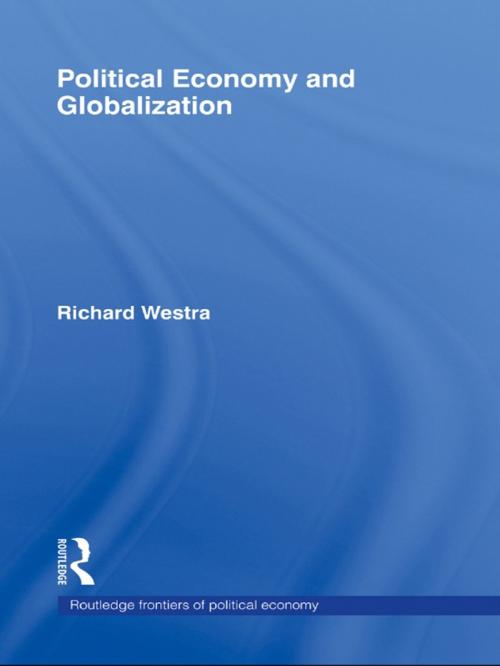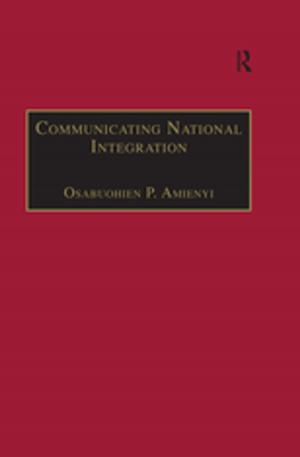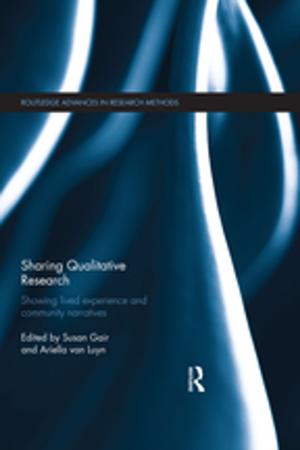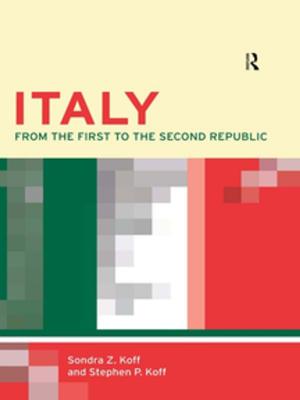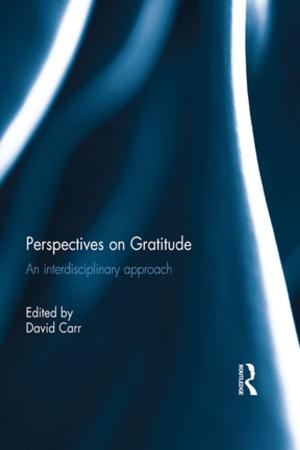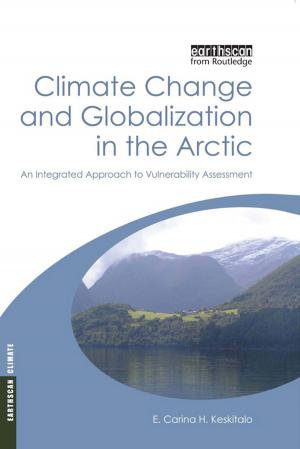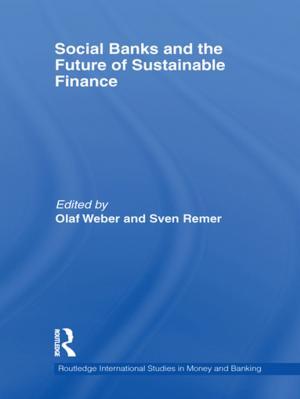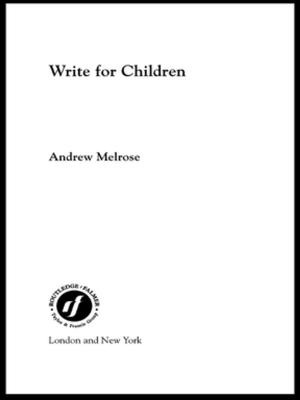Political Economy and Globalization
Nonfiction, Social & Cultural Studies, Political Science, Politics, Economic Conditions, Business & Finance, Economics| Author: | Richard Westra | ISBN: | 9781135197063 |
| Publisher: | Taylor and Francis | Publication: | September 30, 2009 |
| Imprint: | Routledge | Language: | English |
| Author: | Richard Westra |
| ISBN: | 9781135197063 |
| Publisher: | Taylor and Francis |
| Publication: | September 30, 2009 |
| Imprint: | Routledge |
| Language: | English |
Based upon distinguishing capitalism from other economic systems, as well as analysis of capitalist change across its stages of development, Richard Westra argues that the economic tendencies we refer to as globalization constitute a world historic transition away from capitalism. Westra forcefully rejects claims from both Right and Left sides of economic debate that globalization embodies the ultimate world diffusion of capitalism. He concludes that the choice facing humanity is no longer between capitalism and socialism but between socialism and global barbarism.
The argument is meticulously interwoven through four key foci of political economy -
-
The role of Marx’s Capital in producing knowledge of capitalism,
-
The periodizing of capitalism and study of its historical models,
-
The altering trajectories of production and finance under current globalization,
-
The place of socialism in a progressive future.
A central point of the book is that determinations over the capitalist substance of existing economies demand precise understanding of how in its basic operation capitalism manages to secure the economic reproducibility of human society in the first place. To make the case for the passing of capitalism from history the volume draws upon the novel Japanese Uno approach to Marxian political economy.
From the pages of Political Economy and Globalization emerges a grim picture of our human future should current economic trends persist. It also offers a positive vision for socio-material betterment in redistributive, eco-sensitive socialist societies of tomorrow. This is a must read book for scholars, students, progressive policy makers and activists.
Based upon distinguishing capitalism from other economic systems, as well as analysis of capitalist change across its stages of development, Richard Westra argues that the economic tendencies we refer to as globalization constitute a world historic transition away from capitalism. Westra forcefully rejects claims from both Right and Left sides of economic debate that globalization embodies the ultimate world diffusion of capitalism. He concludes that the choice facing humanity is no longer between capitalism and socialism but between socialism and global barbarism.
The argument is meticulously interwoven through four key foci of political economy -
-
The role of Marx’s Capital in producing knowledge of capitalism,
-
The periodizing of capitalism and study of its historical models,
-
The altering trajectories of production and finance under current globalization,
-
The place of socialism in a progressive future.
A central point of the book is that determinations over the capitalist substance of existing economies demand precise understanding of how in its basic operation capitalism manages to secure the economic reproducibility of human society in the first place. To make the case for the passing of capitalism from history the volume draws upon the novel Japanese Uno approach to Marxian political economy.
From the pages of Political Economy and Globalization emerges a grim picture of our human future should current economic trends persist. It also offers a positive vision for socio-material betterment in redistributive, eco-sensitive socialist societies of tomorrow. This is a must read book for scholars, students, progressive policy makers and activists.
